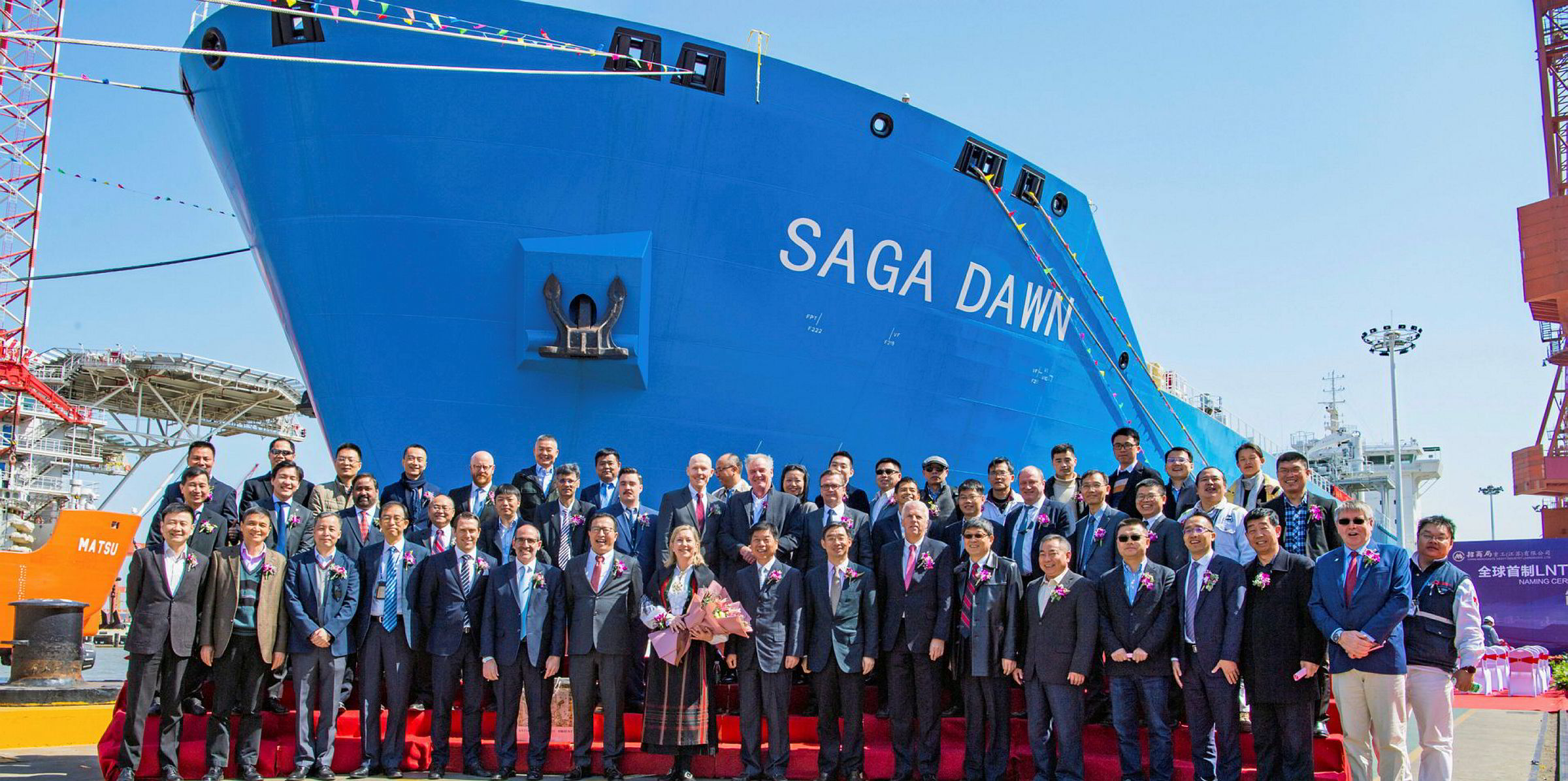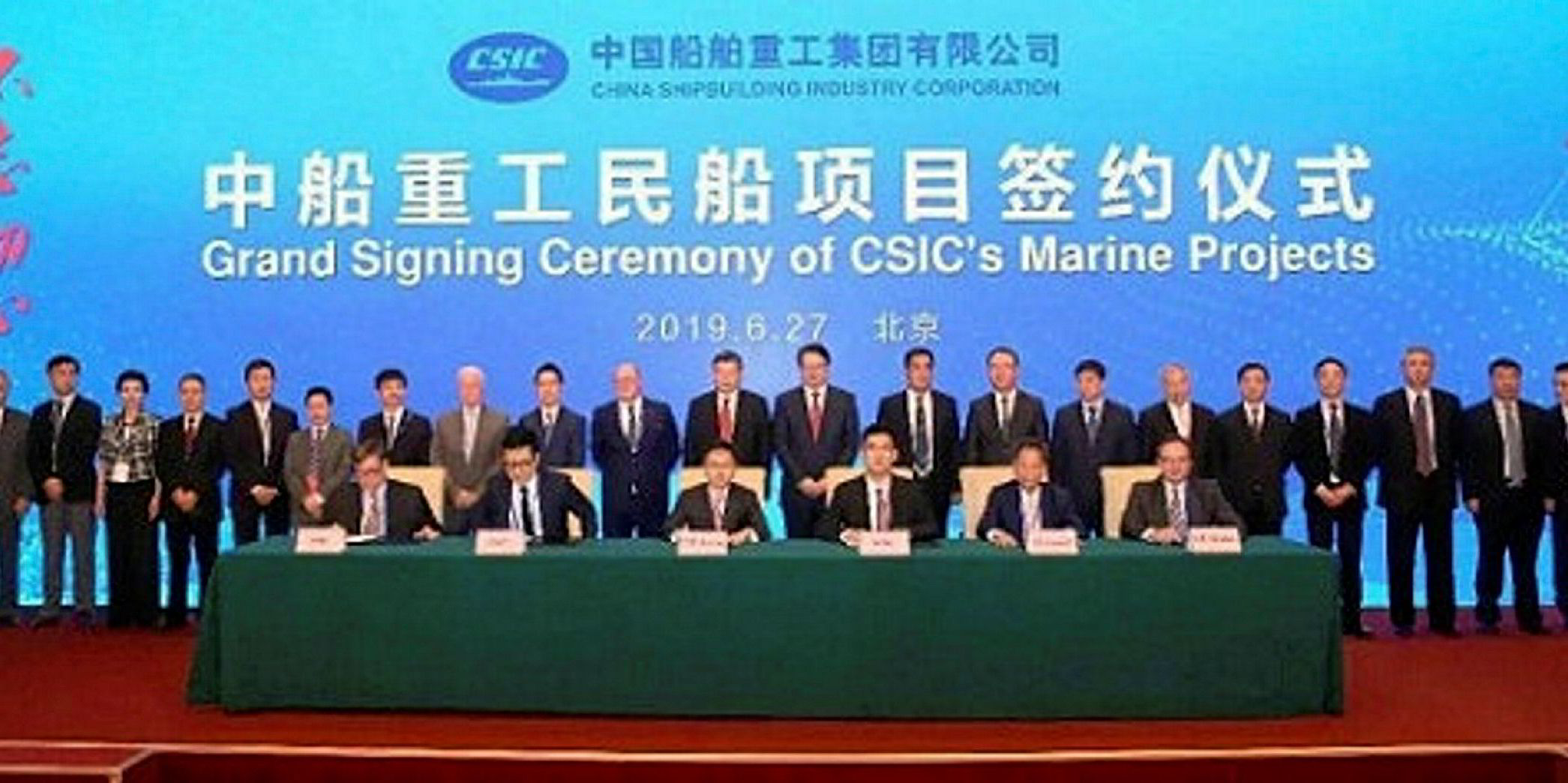Another round of consolidation could take place in the Chinese shipbuilding sector following news of the mega-merger between state groups China State Shipbuilding Corp (CSSC) and China Shipbuilding Industry Corp (CSIC).
Sources told the Caixin news agency that China Merchants Industry Holdings (CMIH), China International Marine Containers (CIMC) and AVIC International are in talks over a tie-up.
CMIH is set to take over CIMC and AVIC's shipbuilding and marine engineering businesses, the report said.
CMIH is already the third-largest state-run shipbuilder in China, after the combined CSSC and CSIC, and Cosco Shipping Heavy Industry.
The CSSC and CSIC combination would create the world's biggest yard group, in response to the huge union of Hyundai Heavy Industries and DSME in South Korea.
Costs to be cut
The CIMC plan would cut operating costs, one source said.
A source at CIMC told Caixin that CIMC and CMIH have been planning the combination for two to three years. A source at CMIH said the company is conducting due diligence at CIMC’s shipbuilding subsidiaries.
CIMC’s marine engineering business posted a loss of CNY 3.5bn ($500m) in 2018.
It mainly produces containers, but owns three shipyards for the construction of platforms, gas vessels and tankers.
CIMC SOE is building four LNG carriers and four LPG ships, while Yantai CIMC Raffles has orders for 10 orders including heavylift vessels, ro-ros, a floating production, storage and offloading vessel and a reefer. Haiyang CIMC Raffles is building a ferry.
In addition, the group has lined up a deal to build up to eight compressed natural gas vessels worth $1.16bn for Australia's Global Energy Ventures.
Avic has two yards that build chemical tankers and passenger vessels.
Its Yangzhou yard has orders for 18 tankers in hand, while its Weihai base is building nine ferries.
China Merchants' yards have a range of cruiseships, offshore support vessels, heavylift vessels and car carriers on order, plus an LNG carrier and an FPSO.
CSIC and CSSC were one conglomerate until 1999 when they were split in two.
They operate in the south and north of the country, respectively, with assets worth more than $73bn.






